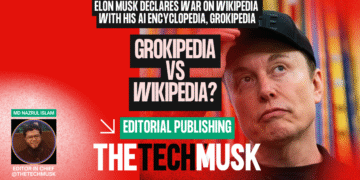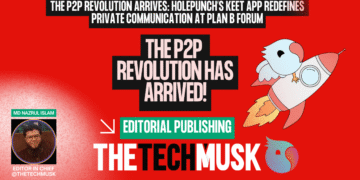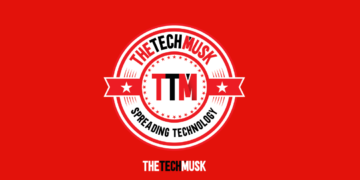In late October 2025, Elon Musk’s AI-venture xAI quietly launched Grokipedia — a bold attempt to reshape how public knowledge is curated and consumed online. This trend analysis will provide historical context to the project, assess its present-day implications for tech, media, and society, and offer forward-looking predictions about its trajectory and wider impact.
With Grokipedia now live (albeit an early version), a number of implications are already unfolding across tech, media, and society.
1. Redefining knowledge infrastructure.
Grokipedia challenges the conventional paradigm of a volunteer-edited, community-governed encyclopedia. Instead, it offers an AI-driven, centrally launched repository of knowledge. This shift raises questions:
- Who controls the editorial filters and quality assurance of the AI-generated content?
- How reliable and transparent is the sourcing of each article?
Initial reviews found that some entries were closely derived from Wikipedia; for example, the MacBook Air entry was flagged as “adapted” from Wikipedia.
While Musk’s framing emphasizes “no limits on use” and “open source knowledge repository,” the actual content governance remains opaque.
In other words: the knowledge infrastructure of the web is under evolution — and Grokipedia is staking a claim.
2. The ideological dimension of knowledge.
Musk’s criticisms of Wikipedia centred on alleged left-wing bias. Grokipedia, per media reports, has already attracted criticism for promoting far-right talking points or ideological slants. For instance, an article on “transgender” was called out by WIRED for using derogatory framing and biased language.
That suggests that an AI-powered encyclopedia is not immune to bias — in fact, potentially more vulnerable if the training data, prompts or editorial oversight reflect ideological positions. For the tech industry and journalism, Grokipedia presents a live test case: Can AI-powered knowledge infrastructure remain neutral? Or will it simply reflect its creators’ ideological preferences?
3. Competitive pressure on Wikipedia and open platforms.
While Wikipedia is deeply entrenched, Grokipedia’s launch introduces competitive pressure — not just in terms of content volume, but in terms of user experience (dark-theme interface), AI-augmented search, and integration into Musk’s broader ecosystem (X, Tesla, etc). Business Insider noted the site’s dark-themed UI reminiscent of ChatGPT.
For Wikimedia and similar platforms, this may accelerate conversations around governance, bias mitigation, AI integration, and content optimization.
4. Larger ecosystem signals: AI + trust + knowledge.
Grokipedia sits at the intersection of three major trends: generative AI, trust in information sources, and the future of online knowledge.
- GPTs and LLMs are now capable of generating encyclopedia-style entries.
- Public trust in media and digital platforms is fragile; alternative knowledge platforms promise to “fix” perceived bias, but they also raise questions of their own.
- For companies like xAI (and ecosystems tied to Musk’s platforms), knowledge production becomes both a content play and an infrastructure play.
5. Risk and experiment zone.
Because of its early stage (version 0.1) and reported content inconsistencies, Grokipedia is an experiment with meaningful risks. Early articles reportedly contained factual inaccuracies and ideological leanings.
Thus, the project is likely to be both watched and critiqued by academia, media, regulators, and competitors alike.

























